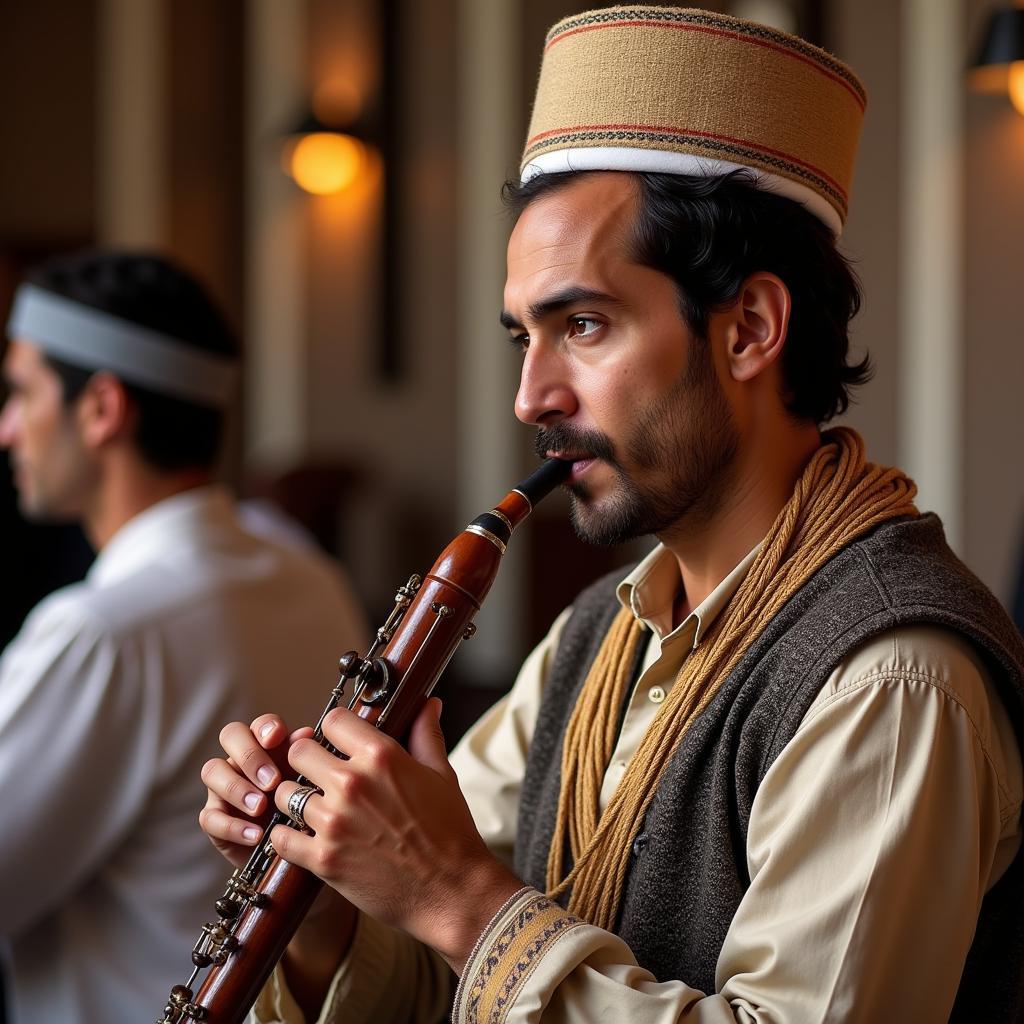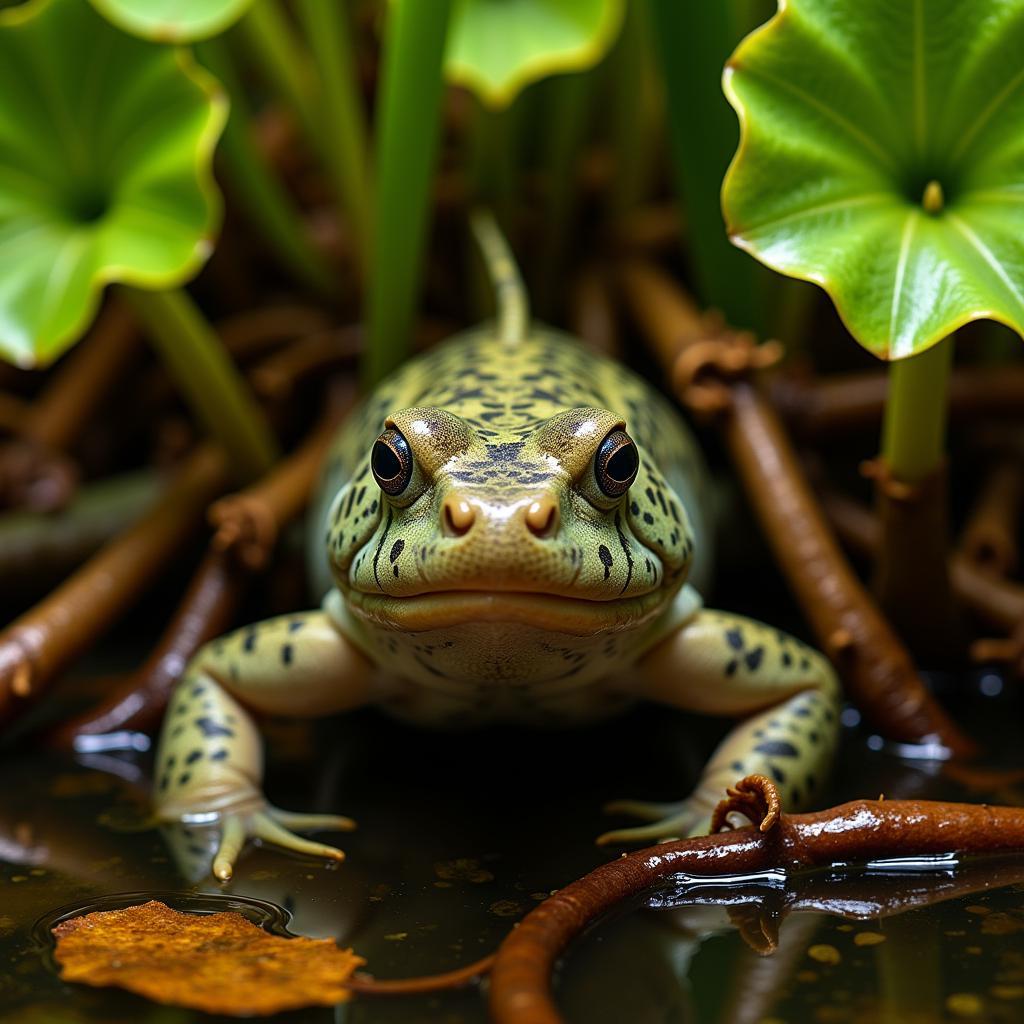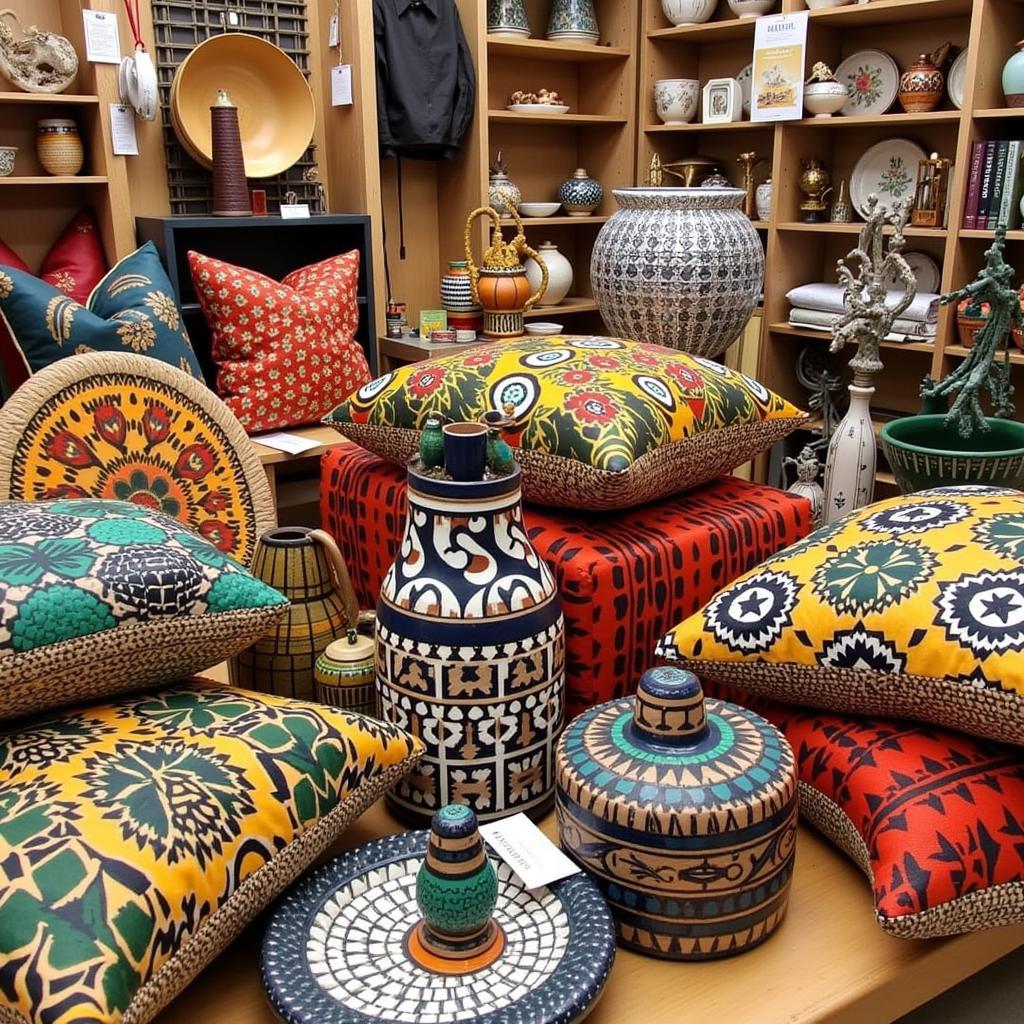Understanding African Animal Sacrifice Rituals
African Animal Sacrifice Rituals are a complex and often misunderstood aspect of many traditional African cultures. These practices are deeply rooted in spiritual beliefs and are not undertaken lightly. They are far more than just the act of killing an animal; they represent a profound connection between the physical and spiritual worlds.
Understanding these rituals requires moving beyond Western perspectives and acknowledging the diverse tapestry of beliefs and traditions across the African continent. It’s crucial to approach this topic with sensitivity and respect, recognizing that these practices hold deep cultural significance for the communities that observe them. African art symbolism weebly.
The Spiritual Significance of Animal Sacrifice in Africa
Animal sacrifice in Africa is often a means of communication with the divine, ancestors, or spirits. It is a way to seek blessings, protection, guidance, or forgiveness. The animal chosen for the sacrifice is often seen as a symbolic offering, representing life, purity, or a connection to the spiritual realm. The act of sacrifice is not about appeasing angry deities but about strengthening bonds and maintaining balance within the community and the cosmos.
What types of animals are used in African sacrifices?
The types of animals used in African sacrifices vary widely depending on the specific culture, the purpose of the ritual, and the resources available. Common animals include chickens, goats, sheep, cattle, and in some rare cases, larger animals like bulls. The choice of animal is often symbolic, with each animal carrying specific meanings related to strength, fertility, or purity.
Beyond the Act: The Ritualistic Process
African animal sacrifice rituals are typically intricate ceremonies involving specific prayers, chants, and symbolic actions. The ritual is often led by a designated spiritual leader or elder who understands the proper procedures and the spiritual significance of each step. The process can involve cleansing, offerings of other symbolic items, and communal feasting after the sacrifice. The meat from the sacrificed animal is often shared among the community, reinforcing social bonds and demonstrating respect for the animal’s life.
Are African animal sacrifice rituals cruel?
The question of cruelty in animal sacrifice is complex and requires a nuanced understanding of the cultural context. While some practices may appear harsh from a Western perspective, it’s important to note that in many African traditions, the animals are treated with respect throughout their lives and during the sacrifice itself. The act is often performed swiftly and with the intention of minimizing suffering. Furthermore, the sacrifice is viewed as a necessary part of maintaining spiritual balance and ensuring the well-being of the community. It is vital to avoid imposing Western values and interpretations onto these practices. African bull head references.
Modern Interpretations and Challenges
In modern times, African animal sacrifice rituals face challenges from various sources, including globalization, urbanization, and the influence of other religions. Some communities have adapted their practices to accommodate changing social norms, while others continue to maintain traditional methods. The ethical implications of animal sacrifice are also being debated within some African communities, leading to ongoing dialogues about cultural preservation and animal welfare.
How are African animal sacrifice rituals changing today?
As societies evolve, some communities are exploring alternative ways to honor their traditions while addressing concerns about animal welfare. These might include symbolic offerings of grains or fruits, or focusing on other aspects of the ritual that don’t involve animal sacrifice. However, it’s crucial to recognize that each community has the right to determine its own practices and that cultural preservation is a complex and multifaceted issue. African color symbolism.
Conclusion
African animal sacrifice rituals are a deeply embedded aspect of many traditional cultures, serving as a vital link between the spiritual and physical worlds. Understanding the complexities of these practices requires a respectful and nuanced approach, recognizing their cultural significance within the communities that observe them. By moving beyond Western perspectives, we can gain a deeper appreciation for the rich tapestry of beliefs and traditions across the African continent. African animal sacrifice rituals offer a powerful lens through which to understand the human relationship with the sacred and the profound role that ritual plays in shaping cultural identity.
FAQ
- Are all African cultures the same in their animal sacrifice practices?
- What is the role of ancestors in these rituals?
- How do these rituals connect to the concept of community?
- Are there variations in the rituals based on gender roles?
- How are these rituals viewed by younger generations in Africa?
- Are there any conservation efforts related to the animals used in sacrifices?
- How do these rituals differ from similar practices in other parts of the world?
Do you have more questions about African Gods? Read more about the African Elephant God and the African God Mulugu.
Need assistance understanding more about African culture? Contact us 24/7: Phone: +255768904061, Email: [email protected] or visit us in Mbarali DC Mawindi, Kangaga, Tanzania. We have a dedicated customer support team ready to assist you.


